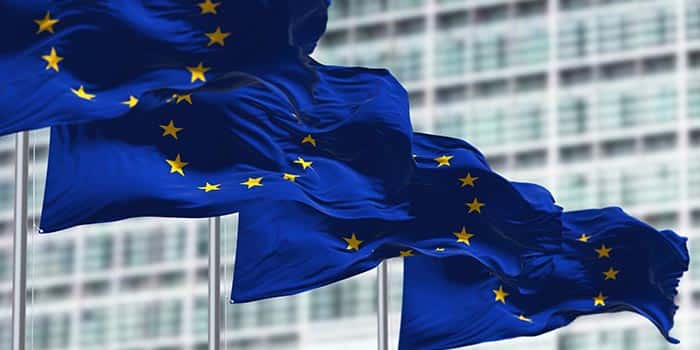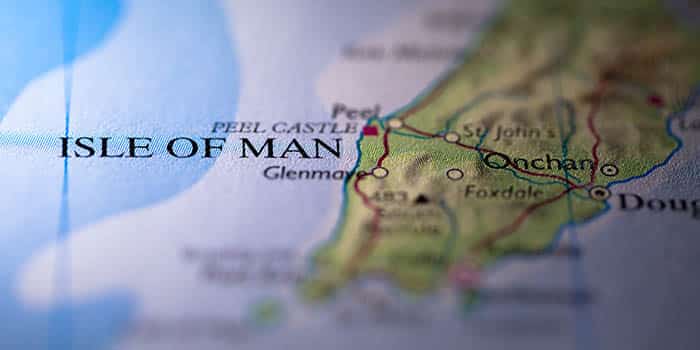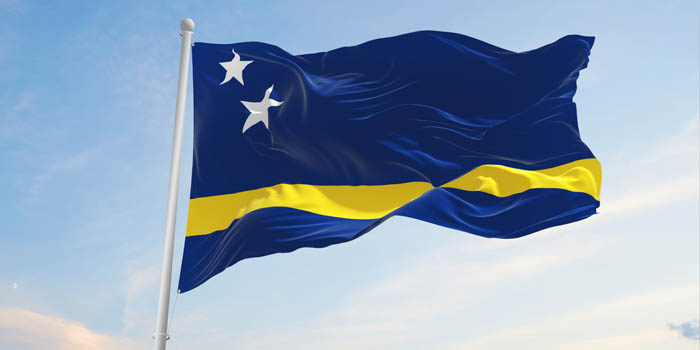- Casino
- By State
- Alabama
- Alaska
- Arizona
- Arkansas
- California
- Colorado
- Connecticut
- Delaware
- Georgia
- Florida
- Hawaii
- Idaho
- Illinois
- Indiana
- Iowa
- Kansas
- Kentucky
- Louisiana
- Maine
- Massachusetts
- Maryland
- Michigan
- Minnesota
- Mississippi
- Missouri
- Montana
- Nebraska
- Nevada
- New Hampshire
- New Jersey
- New Mexico
- New York
- North Carolina
- North Dakota
- Ohio
- Oklahoma
- Oregon
- Pennsylvania
- Rhode Island
- South Carolina
- South Dakota
- Tennessee
- Texas
- Utah
- Vermont
- Virginia
- Washington
- West Virginia
- Wisconsin
- Wyoming
- By State
- Slots
- Poker
- Sports
- Esports
iGB Discusses Whether Affiliates Should Hold a License

IGBAffiliate has broached the topic of whether affiliates should go expensive registration and licensing process to provide information to consumers. Established industry leaders argue that this is the right way forward whereas smaller operations argue against it.
Gambling Licensing in GB and Should It Apply to Affiliates?
In an article published on Wednesday, September 9 on IGBAffiliate’s website, two gambling industry experts discuss why licensing affiliate websites. Thomas Jones, an affiliate owner himself and founder of bingosites.co.uk, has argued against the idea, seeing in a way to restrict the market to only established companies who have already amassed a fortune from the iGaming industry.
Jones point of view is a direct reply to the Responsible Affiliates in Gambling (RAiG) trade association which proffered the idea that a registration and licensing regime should be introduced for affiliates in Great Britain.
Yet the suggestion has driven a wedge in the community, as exemplified by Jones’ position. RAiG argues that introducing a registration process for affiliates would provide players with an additional peace of mind as well as raise safety standards in the industry.
However, RAiG, which is mostly represented by established companies in the industry, fails to note that this would restrict smaller affiliates that are only now starting out.
According to IGBAffiliate, companies such as Better Collective and Natural Intelligence have been able to afford licensing in the burgeoning market in the United States, but not many can whereas they can still provide worthwhile product.
Naturally, affiliates should be held accountable and they should seek to ensure a higher quality of product that does not mislead consumers. However, if previous attempt to overregulate are any indication, forcing affiliates out of the market could backfire.
The Case Against Overregulation Affiliates
The objections outlined in the articles have been raised by RAiG members too, only in other context. For example, opponents of the idea argue that great affiliates may be at risk and forced out of the market should license and legal fees apply, skyrocketing the cost of running an affiliate operation significantly.
The upkeep cost of hosting a website, tweaking the design and populating it with quality content costs thousands of pounds annually. Another good argument against is that just because a website isn’t driving as much traffic, it doesn’t mean that it’s not already meeting the high standards set out by the regulator.
Avoid the Establishment of Oligopoly
Secondly, a licensing process would make the Great Britain affiliate market far less competitive, giving clear advantage to companies and publishers that have been in the industry for decades, thus cementing their position and establishing a sort of oligopoly.
While household affiliate names have substantial resources, they still have to compete with some very good affiliate websites even today. Those same websites find creative ways to stay competitive and even cut into the rankings of the leading websites.
Ultimately, this is good for the consumer. There is another justification not to introduce licenses for affiliates, though. The UK Gambling Commission would be swamped with investigative work and worse, it may inadvertently discriminate against smaller websites, opening investigations more often into up-and-coming websites rather than established leaders.
Do Not Slam the Regulator with New Responsibilities
Thirdly, the UK Gambling Commission is even now trying to keep up with lawmakers who are changing rules and laws too quickly. Given the current coronavirus lockdown, the commission has even been forced to consider redundancies as a hallmark of solidarity and financial safety net.
With laws quickly changing, the UKGC is somewhat struggling to keep up, fending off irate MPs left and right. Adding to its tasks would compromise the quality of the service and regulatory work it is already carrying out.
Keep Players in the Legal Gambling Market
Last but not least, players may be pushed to the black market when they keep getting the same standardized product from the same companies. Not having diversity would make consumers weary of the products they are being advertised and content, and just move on elsewhere.
Naturally, affiliates do have to do more when advertising content. The United Kingdom has some very clear-cut rules for responsible gambling and they are good and applicable across an array of markets.
Educating and working with affiliates on how to phrase their content and design their website so they encourage responsible gambling is essential.
Fintan Costello Builds the Case For
Fintan Costello from Bonusfinder.com has a slightly different opinion of the matter. In fact, he supports the registration and licensing process for affiliates and sees it as a way to step up responsibility.
Costello has argued that the industry worldwide is moving towards regulating affiliates more closely. Burgeoning markets such as Sweden and the United States, Germany and Latin America, are all establishing clear-cut rules where affiliates play an important role in bolstering consumer safety.
He noted that affiliates have become more localised, moving away from a broader marketing strategy, and having a more clearly focused country and now state approach. According to him, this approach to marketing in the iGaming industry ensures that “almost every licensed facet of the industry is liable and responsible for its actions.”
The idea that affiliates will have to be licensed eventually seems an inevitable way to move forward, Costello argues. He also cited recent lawmakers’ moves that highlighted weaknesses in the current regulatory framework.
Costello Urges Affiliates to Take Responsibility
Costello acknowledged that many affiliates are already voluntarily self-regulating, but he argued that more needs to be done to ensure the same professional standards across the industry.
According to RAiG, licensing affiliates wouldn’t be too onerous for anyone to implement, as it would extend the list of existing regulations in a meaningful way. The more registered websites there are, the more “transparent, visible and safer” the jurisdiction would become, Costello argued.
By licensing affiliates, that will make them liable and responsible for their actions as well as the companies that back the affiliates. This should invite a more responsible approach to marketing and creating content and product that doesn’t mislead the consumers or push aggressively dishonest brands.
Costello said that ushering in registration and licensing standards wouldn’t stilt competition in favor of big brands, but rather level the playfield. For too long the industry has operated without any measurable standards.
Something has to change, Costello thinks, echoing the opinion of RAiG chairman Clive Hawkswood.
Related Topics:
Mike made his mark on the industry at a young age, consulting for companies that would later become regulators. As one of the lead editor of Gambling News, he dedicates his weekdays to this project, aiming to educate the masses on the latest developments in the gambling circuit. His expertise and passion for the industry make him an invaluable asset to our team.
Previous Article

Legal
September 10, 2020
AGA Expects 33.2m Americans to Bet on the NFL 2020/21 Season

Next Article


Legal
September 10, 2020
888 Becomes NFL’s Official Betting Partner in the UK and Ireland
Must Read
More Articles



Industry
July 8, 2025
Trump’s Gambling Tax Cap Draws Divided Opinions

Industry
July 6, 2025
Macau Contemplates Axing Gambling Ads













